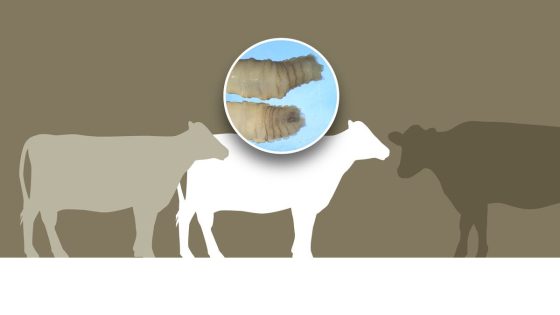The U.S. has halted imports of live cattle, horses, and bison due to the alarming resurgence of the New World Screwworm, a parasitic fly that poses significant threats to both livestock and human health. This decision, announced on May 13, 2025, comes as the USDA detected new cases in southern Mexico, raising concerns about the potential spread of this dangerous parasite.
- U.S. blocks imports due to New World Screwworm.
- Screwworms cause myiasis in infected animals.
- Resurgence detected in southern Mexico farms.
- Symptoms include painful skin lesions in humans.
- Maggots must be removed by professionals.
- Ban continues until threat is contained.
New World Screwworms can cause severe infections in animals and, in rare cases, humans. The USDA’s month-to-month ban aims to contain this threat, highlighting the urgency of the situation. What does this mean for the agricultural industry and public health?
The resurgence of the New World Screwworm raises critical questions about animal health and food safety. As the U.S. works with Mexico to combat this issue, it’s vital to consider the broader implications:
- Potential economic impact on livestock industries.
- Increased scrutiny on animal imports.
- Public health risks associated with human infestations.
- Need for ongoing monitoring and cooperation between countries.
As this situation unfolds, stakeholders in agriculture and public health must remain vigilant. Continued collaboration between the U.S. and Mexico will be essential to eradicate this threat and protect both livestock and human populations.

































